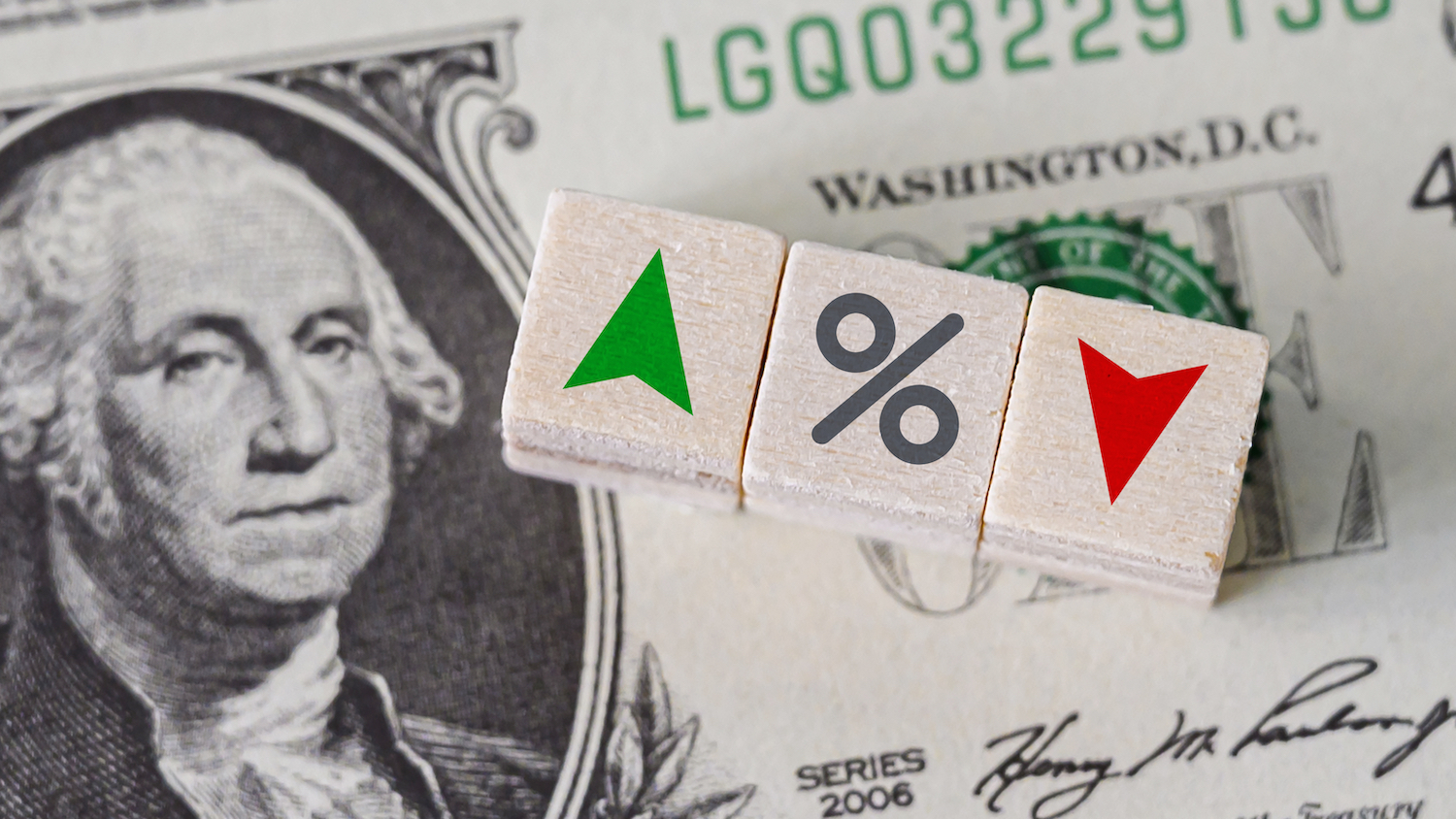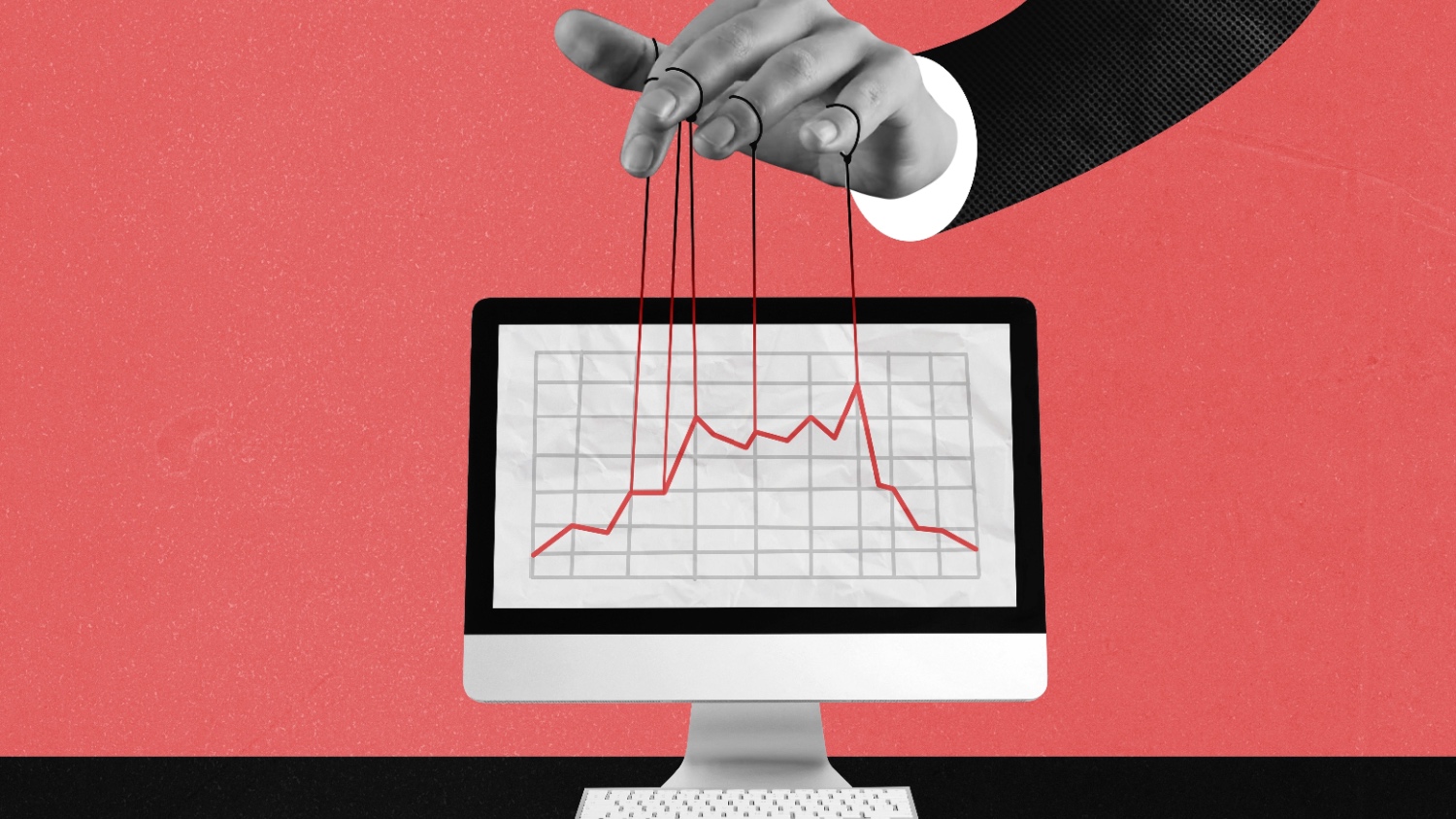What Does the Federal Reserve Interest Rate Increase Mean for Consumers and Businesses?

By Richard Warr
The Federal Reserve (Fed) just raised interest rates by 0.75%. Compared to recent Fed rate changes, this is quite a large increase, so let’s look at a few commonly asked questions.
FAQs
What rate did the Fed increase?
It’s important to realize that the Fed does not control all the interest rates in the economy. Instead, it has control over something called the “Federal Funds Target Rate”. This rate is what banks pay and receive when they borrow and lend excess funds to each other overnight. But this short-term interest rate impacts a range of other rates in the economy including savings rates, credit card and car loan rates, as well as mortgages.
So why did the Fed raise interest rates?
The Fed increased the Target Rate in order to combat inflation which is currently running at more than 9%. The Fed hopes that by raising the cost of borrowing, consumers and businesses will be less likely to take out loans to purchase stuff. For example, higher interest rates will make the cost of financing a car, or a new home more expensive. This increase in borrowing costs will, in turn, lead to a lower demand for stuff, which it is hoped will reduce the upward pressure on prices resulting in lower inflation.
Is there any downside to the Fed’s action?
The risk of raising interest rates is that if the Fed increases them too suddenly, the drop in consumer and business demand could push the economy into a recession. It’s a balancing act of tapping the brakes on the economy without bringing it to a screeching halt.
How will this affect consumers?
For consumers, the Fed interest rate hike will likely have a range of impacts. If you are planning to finance a major purchase (a house or car for example), your payments could end up being higher. Also if you are carrying variable rate debt, such as credit card balances, you may also see higher interest costs.
There are some positives. If you have savings, you may see a small increase in the interest rate paid on your money. But, probably the biggest potential benefit is that if the Fed is successful in bringing down inflation, then we should see prices of things we buy increase much more slowly than we’ve seen recently.
What about financial markets?
For the financial markets, the Fed rate increase is generally considered a good thing. Stock prices increased on the announcement, as investors view taming inflation a good thing for companies and the economy. Although in the short term, higher interest rates can increase costs for businesses, this is likely preferred to an all out recession. Interestingly, US long-term Treasury Yields (the rate at which the Government borrows money) declined. This decline is slightly counterintuitive, but is consistent with the bond market anticipating lower inflation in the future.
What should consumers do?
If you can avoid borrowing, or delay borrowing, you may get more favorable rates in the future, but for many people that’s not an option. Regardless of the Fed action though, you should always pay your highest interest rate debt first if you have a choice. For long-term investors, the general advice is more straightforward; maintain a diversified portfolio, and ride out these short-term gyrations in the market.
- Categories:
- Series:


